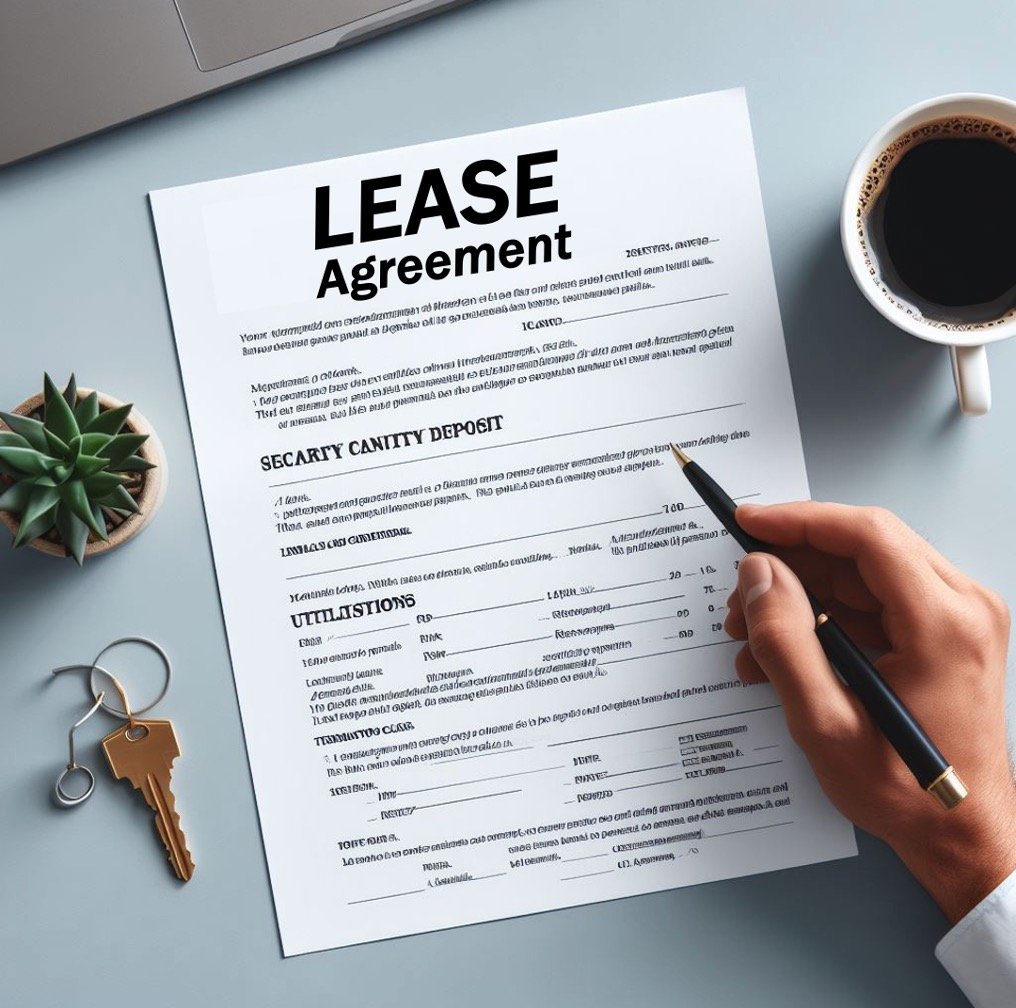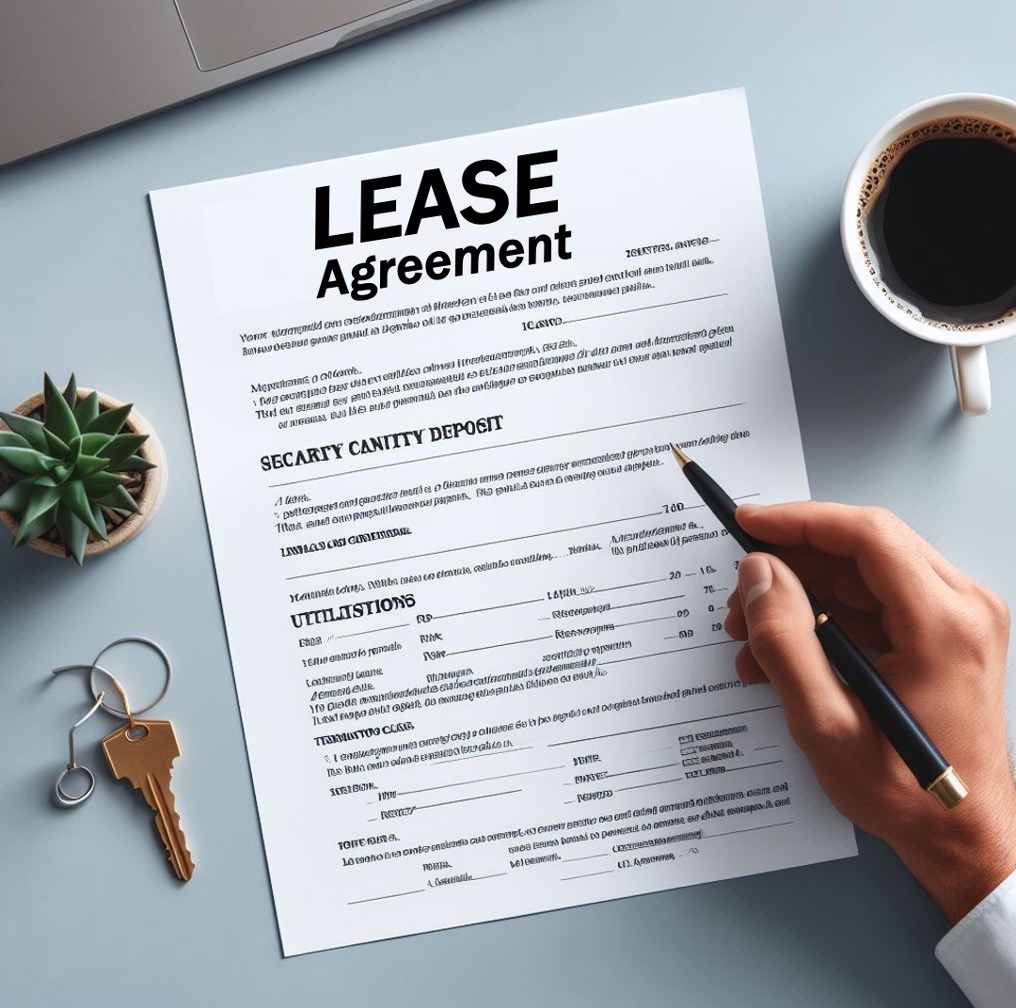
As a tenant, the renewal of your lease agreement is a crucial milestone that often comes with a mix of excitement and trepidation. Whether you’ve been happily ensconced in your rented abode for years or are contemplating extending your stay, the process of renewing your lease agreement deserves careful consideration. After all, this legal document will shape the terms and conditions of your continued occupancy, impacting everything from your monthly rent to your rights and responsibilities as a tenant.
In this comprehensive guide, we’ll delve into the key factors you should weigh as you approach the lease renewal process. From understanding the nuances of the lease agreement to navigating negotiations with your landlord, this article will equip you with the knowledge and insights to ensure a smooth and advantageous lease renewal experience.
Understanding the Lease Agreement
At the heart of the lease renewal process lies the lease agreement itself. This legally binding contract outlines the terms and conditions that govern the tenancy, and it’s essential to have a firm grasp of its contents before embarking on the renewal journey.
Key Components of the Lease Agreement
The lease agreement typically includes the following crucial components:
- Rental period: This section specifies the duration of the tenancy, including the start and end dates.
- Rental amount: The agreed-upon monthly rent for the property.
- Security deposit: The refundable sum paid upfront as a guarantee against potential damages or unpaid rent.
- Rights and responsibilities: The agreement outlines the respective duties of the landlord and the tenant, such as maintenance, repairs, and access to the property.
- Termination and renewal clauses: These provisions detail the procedures for ending the tenancy or renewing the lease.
Understanding Renewal Clauses
When reviewing the existing lease agreement, pay close attention to the renewal clauses. These sections outline the process and conditions for extending the tenancy, including:
- Renewal notice period: The amount of advance notice required from the tenant to initiate the renewal process.
- Renewal terms: Whether the renewal will be on the same terms as the current lease or subject to renegotiation.
- Renewal options: The number of times the lease can be renewed, if any.
Familiarizing yourself with these renewal-specific clauses will help you navigate the lease renewal process with confidence.
Evaluating the Renewal Decision
As the expiration of your current lease agreement approaches, it’s time to weigh the decision to renew carefully. This process involves considering a range of factors, both personal and financial, to determine whether staying put or exploring new options is the best choice for you.
Assess Your Current Situation
Begin by taking stock of your current living situation. Consider factors such as:
- Your level of satisfaction with the property and its location
- Any changes in your lifestyle or requirements
- The stability of your employment or financial standing
Evaluating your current circumstances will help you determine whether renewing the lease is the most suitable option.
Understand the Rental Market
Alongside your considerations, it’s crucial to research the current rental market in your area. Factors to investigate include:
- Average rental rates for similar properties
- Availability and demand for rental units
- Any notable shifts or trends in the local market
This information will provide valuable context as you navigate the lease renewal negotiations with your landlord.
Weigh the Pros and Cons
With a clear understanding of your situation and the rental market, take the time to carefully weigh the pros and cons of renewing your lease. Consider aspects such as:
- Convenience and familiarity with the current property
- Potential rent increases or changes in lease terms
- The cost and effort involved in finding a new rental
- Your long-term plans and how they align with the renewal decision
By carefully considering these factors, you can make an informed decision that best serves your needs and circumstances.
Negotiating the Lease Renewal Agreement
Once you’ve decided to renew your lease, the next step is to engage in the negotiation process with your landlord. This is your opportunity to advocate for terms that align with your interests and ensure a mutually beneficial agreement.
Open Communication with Your Landlord
Effective communication is the foundation of successful lease renewal negotiations. Reach out to your landlord well in advance of the lease expiration to initiate the discussion. This proactive approach demonstrates your commitment to the property and can set the tone for productive negotiations.
During your discussions, be prepared to:
- Discuss your satisfaction with the property and your desire to renew the lease
- Inquire about the landlord’s intentions regarding the renewal
- Gather information about any proposed changes to the lease terms, such as rent adjustments
Maintaining an open and collaborative dialogue can foster a positive working relationship with your landlord throughout the renewal process.
Understand Your Negotiation Leverage
As you negotiate the terms of the lease renewal agreement, it’s important to assess your negotiation leverage. Factors that can strengthen your position include:
- Your history as a reliable and responsible tenant
- The current rental market conditions in your area
- The landlord’s interest in retaining a long-term, trustworthy tenant
By understanding your negotiation leverage, you can make a strong case for favorable lease terms, such as a lower rent increase or more favorable termination clauses.
Negotiate Strategically
When it comes to negotiating the lease renewal agreement, approach the process with a strategic mindset. Consider the following tactics:
- Research rental rates: Gather data on comparable properties in the area to support your position on the appropriate rent.
- Propose a mutually beneficial agreement: Suggest a compromise that addresses both your needs and the landlord’s interests.
- Prioritize key lease terms: Identify the most important aspects of the lease, such as rent, renewal options, or maintenance responsibilities, and focus your negotiations on those.
- Seek concessions: If the landlord is unwilling to budge on certain terms, explore the possibility of obtaining other concessions, such as a longer lease period or additional amenities.
By negotiating strategically, you can increase your chances of securing a lease renewal agreement that meets your needs and protects your interests as a tenant.
Finalizing the Lease Renewal Agreement
Once the negotiations have concluded and the terms have been agreed upon, it’s time to finalize the lease renewal agreement. This critical step ensures that the new tenancy is legally binding and sets the stage for a smooth transition.
Review the Lease Renewal Agreement
Thoroughly review the lease renewal agreement, ensuring that all the negotiated terms and conditions are accurately reflected. Check for details such as:
- Rental amount and any agreed-upon adjustments
- Lease duration and renewal options
- Security deposit requirements
- Rights and responsibilities of both parties
If you notice any discrepancies or have concerns, address them with your landlord before signing the agreement.
Signing the Lease Renewal Agreement
When you’re satisfied with the terms, it’s time to sign the lease renewal agreement. This legally binding document will govern your continued tenancy, so make sure you understand and agree with its contents.
Maintain Documentation
Keep a copy of the signed lease renewal agreement for your records. This documentation will prove invaluable should any disputes or questions arise during your tenancy.
Preparing for the Renewal Period
With the lease renewal agreement in place, the final step is to prepare for the upcoming tenancy period. This involves tying up any loose ends and ensuring a smooth transition into the renewed lease.
Communicate with the Landlord
Maintain open communication with your landlord, addressing any final questions or concerns before the start of the new lease term. This collaborative approach can help set the tone for a positive and productive landlord-tenant relationship.
Summing Up
Renewing your lease is a significant decision that requires careful consideration and proactive engagement. By understanding your lease, assessing your situation, negotiating strategically, and maintaining open communication with your landlord, you can ensure a smooth and advantageous renewal process.
With thorough preparation and collaboration, you can set the stage for a positive and productive landlord-tenant relationship, ultimately securing a living arrangement that meets your needs.
Interesting Related Article: “What is a lease?“









